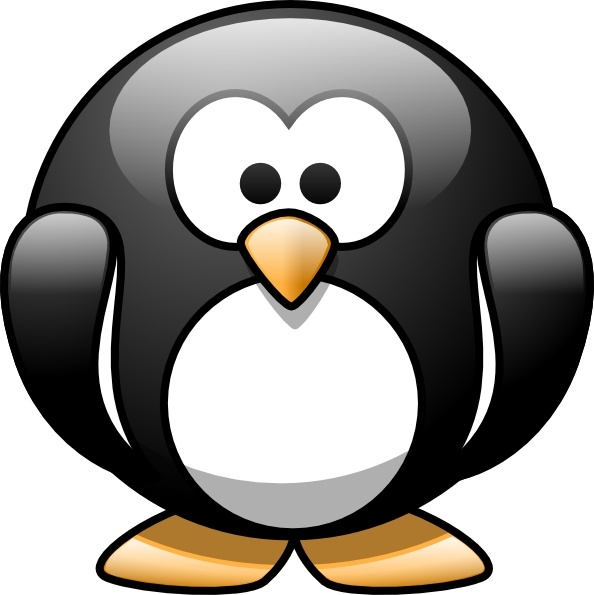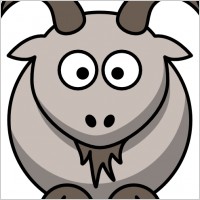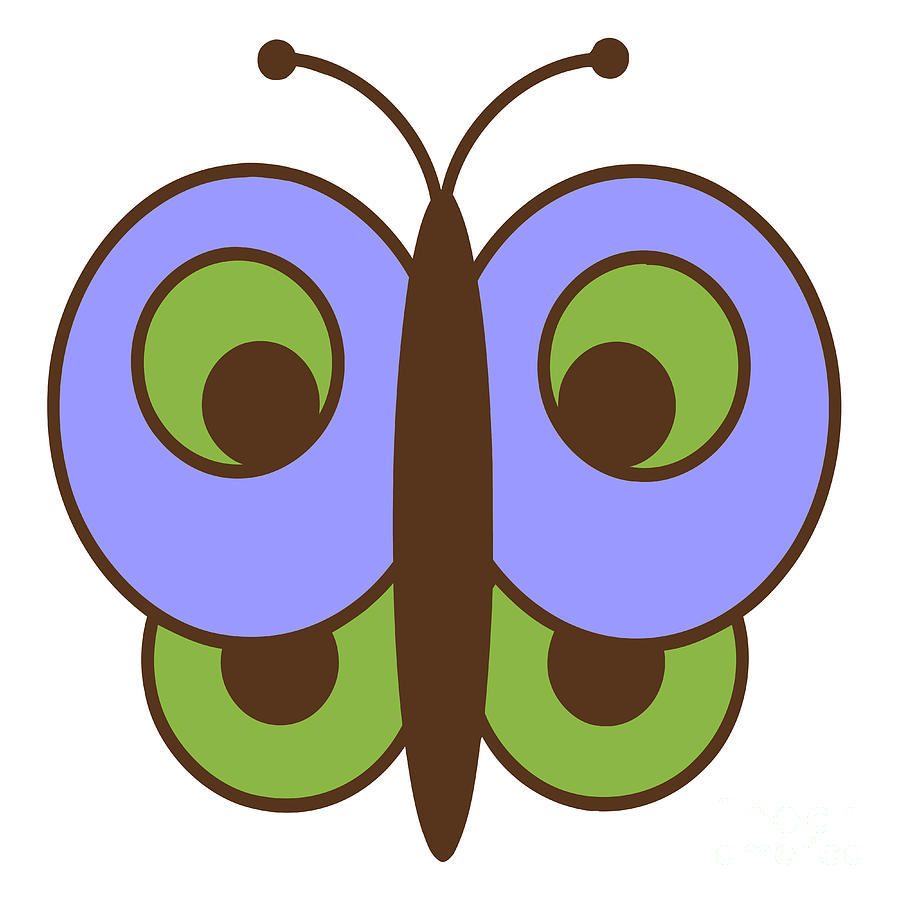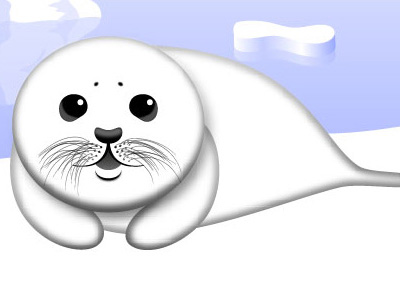Source(google.com.pk)
You know how things are cute? Babies, cartoon characters, bunnies – all of them cute and adorable; except some babies right after their born, maybe. The thing is, it’s kind of strange that we find things cute, especially when you consider that we find some things cute but not others.
There is a science to this and it’s rooted in evolutionary biology. For some time now, great minds have been thinking about why we humans have a tendency to find the youngest members of our own species – and even members of other species sometimes – heartbreaking adorable. They’ve come to a general consensus that it is in our nature to find things cute. But why?
First, we should probably establish what makes things cute. That’s just what Austrian biologist and ethologist (someone who studies animal behavior) Konrad Lorenz did in the middle of the last century. When he wasn’t working as a Nazi psychologist at German concentration camps in WWII studying people of various combinations of races to determine their fitness for reproduction, Lorenz was dedicating himself to the study of what makes things cute. What he came up with is the kinderschema, the set of traits that we identify as cute and adorable.
They are, as described by the founder of the field of human ethology Irenaus Eibl-Eibesfedlt, another Austrian and successor to Lorenz’s cuteness research: “(a) large head relative to body size, rounded head; (b) large, protruding forehead; (c) large eyes relative to face, eyes below midline of head; (d) rounded, protruding cheeks; (e) rounded body shape; and (f) soft, elastic body surfaces.”
So what the ethologists essentially did was study the features of babies and toddlers, compiled them into a brief description and slapped a German word on it. This doesn’t seem too hard. But the pursuit of the ethologists and evolutionary biologists who took up the task of investigating cuteness didn’t stop at simply identifying what traits are cute – the obvious question of why we find these traits cute remains to be answered.
The prevailing theory is that it is because we are hardwired to do so (or that we learn pretty much automatically the first time we encounter something with these traits). According to the concepts of evolutionary biology , which took up the mantle for explaining cuteness, our reaction when present with something we find cute – a protective, non-sexual (for most people) and disarmed attraction – is rooted in the need for human infants to be cared for by human adults. Unlike the very young of some other species, which can care for themselves shortly or immediately after birth, human babies need attention in order to survive and thrive: they must be fed, physically protected and held, among other things that parents do for their children.
Parents are not the only ones who can care for babies, any human could, and so we are all hardwired to respond in a similar fashion to human babies in case even the chosen childless among us end up in some sort of situational comedy and find ourselves in charge of caring with a distant relative’s baby or come across one in a ditch. We won’t pass on taking care of the helpless child in these situations in part because we find them cute. This helps further the species.
So babies are born with the traits that we find cute, or else we’ve adapted to find cute the traits that babies possess. Humans are born with their eyes already the size they will be when they are adults, so big eyes relative to face, check. Babies’ brains are already nearly fully grown as well which makes their heads are enormous, so big heads, check. Their limbs are small and flabby and they lack coordination; small rounded body, check. Big cheeks, check. And so on. These traits may last in some form or fashion into about the tween years, when kids no longer need the kind of adult supervision they once did and exit the stage of cuteness.
Interestingly, the people who manufacture cute, like animators, have figured out that they can apply the principles of kinderschema to make their creations more attractive to humans. In a very interesting essay, evolutionary biologist and all-around genius Stephen Jay Gould maps the transformation of Mickey Mouse from a hard-nosed, flinty-eyed adult mouse who’s something of a jerk into a soft, big-eyed cute mascot beloved by all. Disney isn’t alone; there’s everything from Kewpie dolls and Betty Boop to anime and manga. Pretty much every animator who has ever created a sympathetic character has drawn its eyes big and low on its face.
Adding cute human traits to animal characters in order to make them more likeable is not simply anthropomorphism, though. In real life, the human affinity for kinderschema is so pronounced that it frequently spills over to members of other species. Because they too display many of the traits as human children (some even have the added cute trait of being fuzzy!), animals can also appear achingly cute to us too. That accounts for why we keep some animals as pets and use others for work, and why we couldn’t imagine eating some animals but are totally cool with eating others, like pescatarianism for example.
So there you have it, that’s why we think things are cute: They share similar traits to human babies and children and we are probably hardwired to respond to things with those traits in a protective manner. Plus, they’re just cute.
Cartoon Baby Animals Baby Animals Pictures Wallpaper With Their Mothers Names Clipart Coloring Pages Cute Cartoon Photos

Cartoon Baby Animals Baby Animals Pictures Wallpaper With Their Mothers Names Clipart Coloring Pages Cute Cartoon Photos

Cartoon Baby Animals Baby Animals Pictures Wallpaper With Their Mothers Names Clipart Coloring Pages Cute Cartoon Photos

Cartoon Baby Animals Baby Animals Pictures Wallpaper With Their Mothers Names Clipart Coloring Pages Cute Cartoon Photos

Cartoon Baby Animals Baby Animals Pictures Wallpaper With Their Mothers Names Clipart Coloring Pages Cute Cartoon Photos

Cartoon Baby Animals Baby Animals Pictures Wallpaper With Their Mothers Names Clipart Coloring Pages Cute Cartoon Photos

Cartoon Baby Animals Baby Animals Pictures Wallpaper With Their Mothers Names Clipart Coloring Pages Cute Cartoon Photos

Cartoon Baby Animals Baby Animals Pictures Wallpaper With Their Mothers Names Clipart Coloring Pages Cute Cartoon Photos

Cartoon Baby Animals Baby Animals Pictures Wallpaper With Their Mothers Names Clipart Coloring Pages Cute Cartoon Photos

Cartoon Baby Animals Baby Animals Pictures Wallpaper With Their Mothers Names Clipart Coloring Pages Cute Cartoon Photos

Cartoon Baby Animals Baby Animals Pictures Wallpaper With Their Mothers Names Clipart Coloring Pages Cute Cartoon Photos

Cartoon Baby Animals Baby Animals Pictures Wallpaper With Their Mothers Names Clipart Coloring Pages Cute Cartoon Photos

Cartoon Baby Animals Baby Animals Pictures Wallpaper With Their Mothers Names Clipart Coloring Pages Cute Cartoon Photos

Cartoon Baby Animals Baby Animals Pictures Wallpaper With Their Mothers Names Clipart Coloring Pages Cute Cartoon Photos

Cartoon Baby Animals Baby Animals Pictures Wallpaper With Their Mothers Names Clipart Coloring Pages Cute Cartoon Photos
No comments:
Post a Comment